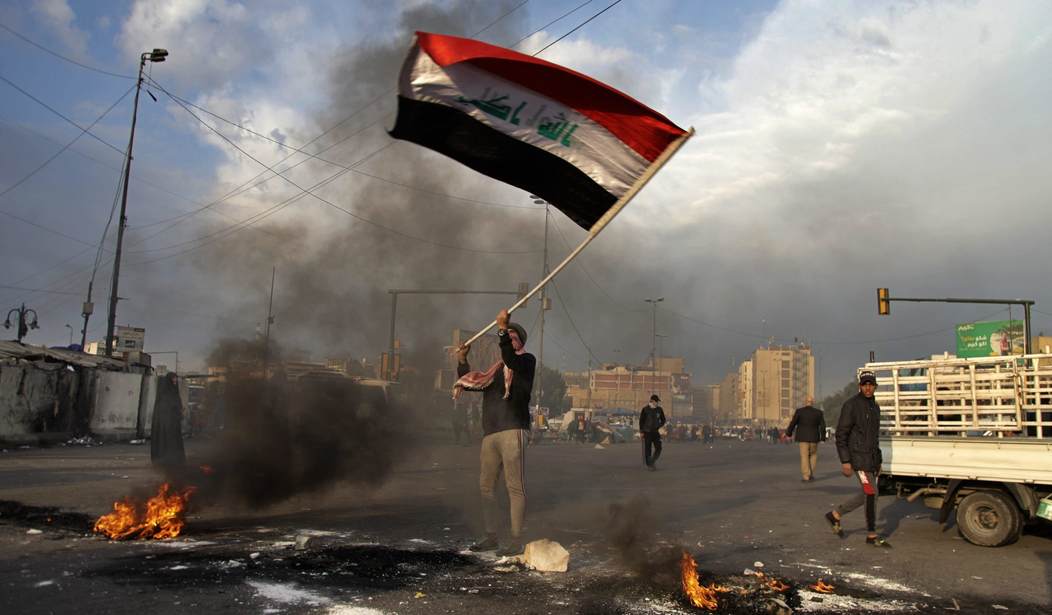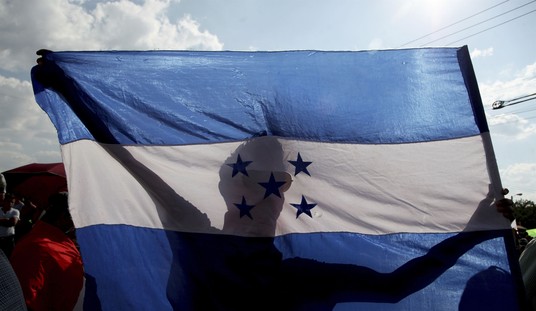The U.S. assassination of Quds Force commander Qasem Suleimani on January 3 was a dramatic event—but how much did it really set Iran back? After all, he was only one official; couldn’t Iran just replace him and move on?
Almost two months later, a report in The Guardian says that’s not so, and that Iran—and the Revolutionary Guard of which Suleimani’s Quds Force was the spearhead—is still trying to recover.
“There were 11 bodies pulled from the wreckage,” said one [apparently Iraqi] official. “We are talking about the entire inner sanctum of the Quds Force. This wasn’t just Hajj Qassem [Suleimani] and Abu Mahdi [al-Muhandis]. This was everyone who mattered to them in Iraq and beyond.”
Another source, a western intelligence agency, was more circumspect, suggesting that those killed may have been less decisive in the Iranian nexus than the Iraqis believed.
But even if that Western intelligence agency is right, The Guardian goes on to say:
From the bunkers of south Beirut to the battlefields of northern Syria and the combustible streets of Iraq, the loss of Suleimani and his entourage has derailed much of Iran’s momentum in the region….
“Two senior sources in Beirut” told The Guardian that Hizballah leader Hassan Nasrallah “agreed to help fill the gaping hole left by the deaths of Suleimani and Muhandis. But there were limits to what he could do. He had lived a life even more in the shadows than the Iranian general for the past 14 years. And a drone strike from a night sky was unlikely to make him feel safer.”
Nasrallah, that is, has been living a life in the shadows since the Israel-Hizballah war in Lebanon 14 years ago. Suleimani’s fate can hardly encourage him to take a more high-profile role.
The Washington Post largely corroborates this picture:
Iran’s Islamic Revolutionary Guard Corps is facing crises on multiple fronts as it grapples with the killing of its chief military strategist, Maj. Gen. Qasem Suleimani, and a domestic backlash over the downing of a passenger jet, according to analysts and officials in the region.
The downing of the Ukrainian jet was, of course, part of a chain of events set off by the Suleimani killing.
An expert at the University of Tennessee at Chattanooga told the Post that the Revolutionary Guard now “has to rebrand and rebuild its reputation, which takes time, especially with a population that has grown critical of the Islamic republic…. And now the strategy is not to go to war with the United States but to test its limits step-by-step—and not to overreach.”
And what of Brig. Gen. Ismail Qaani, who was Suleimani’s deputy and has now replaced him as Quds Force commander?
“Analysts and officials” told the Post that “he lacks the ambition, charisma and strong connections of his predecessor.” Indeed Suleimani’s old outfit is now in such difficult straits that “a struggle may already be underway to clip the Quds Force’s wings.”
The Suleimani assassination and its repercussions are not, of course, the sum total of Iran’s recent troubles. To all that must be added: Iran’s failed satellite launch on February 9—its fourth in a row, stirring suspicions of sabotage; the ongoing, uncontested Israeli strikes on Iran’s facilities in Syria (the latest reported here); the possible winding-down of Iran’s proxy war in Yemen; and elections that saw “conservatives” (meaning hard-line Islamists) win but with a record-low turnout, reflecting the ongoing popular animosity toward the regime.
The time is right, in other words, to keep up the economic and military pressure. Meanwhile, the ayatollahs’ hope for a Democratic president who would rescue them must be tottering these days as an unelectable radical leads the pack.









Join the conversation as a VIP Member